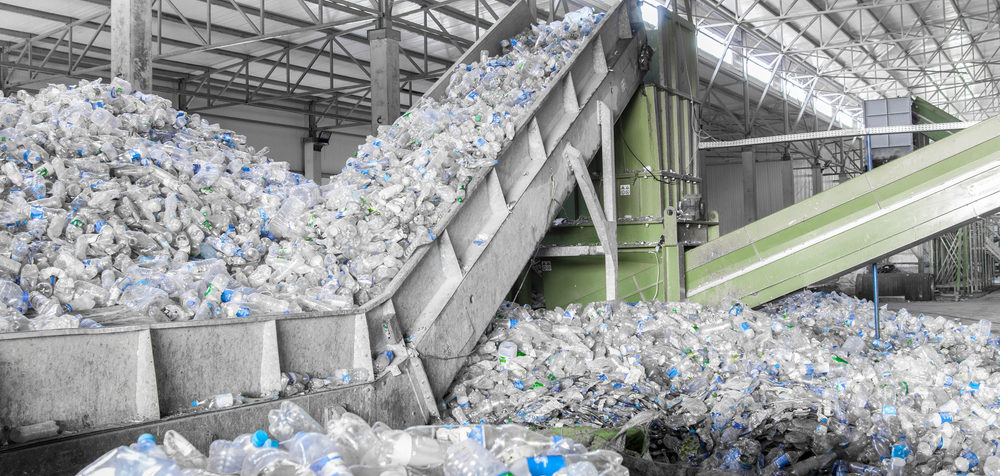
A research team from Ames National Laboratory and Iowa State University’s Institute for Cooperative Upcycling of Plastic (iCOUP) has a new catalyst that changes hydrocarbons into high-value chemicals and materials that are more recyclable and environmentally friendly. The catalyst can convert materials – such as motor oil, single-use plastic bags, water bottles, caps, and natural gas – into more sustainable substances.
The new catalyst adds functional groups to aliphatic hydrocarbons – organic compounds consisting solely of hydrogen and carbon. These hydrocarbons usually do not mix with water and form separate layers due to their lack of functional groups. By incorporating functional groups into these hydrocarbon chains, the properties of the materials can be significantly altered and made more recyclable.
“Methane in natural gas is the simplest of hydrocarbons with nothing but carbon-hydrogen (CH) bonds. Oils and polymers have chains of carbon atoms, linked by carbon-carbon (CC) bonds,” team lead, Aaron Sadow, from Ames National Laboratory said. Aliphatic hydrocarbons make up a lot of petroleum and refined petroleum products, such as plastics and motor oils. These materials “don’t have other functional groups, which means they are not easy to biodegrade. So, it has long been a goal in the field of catalysis to be able to take these kinds of materials and add other atoms, such as oxygen, or build new structures from these simple chemicals.”
The conventional method of adding atoms to hydrocarbon chains requires high energy inputs. Petroleum must first be “cracked” with heat and pressure into small building blocks, which are used to grow chains. Then, the desired atoms are added at the end of those chains. With this new technique, however, existing aliphatic hydrocarbons are converted directly without cracking and at low temperatures.
The catalyst is produced by attaching a commercially available zirconium compound onto commercially available silica-alumina. Both substances are abundant and inexpensive, which will be beneficial for potential future commercial applications.
